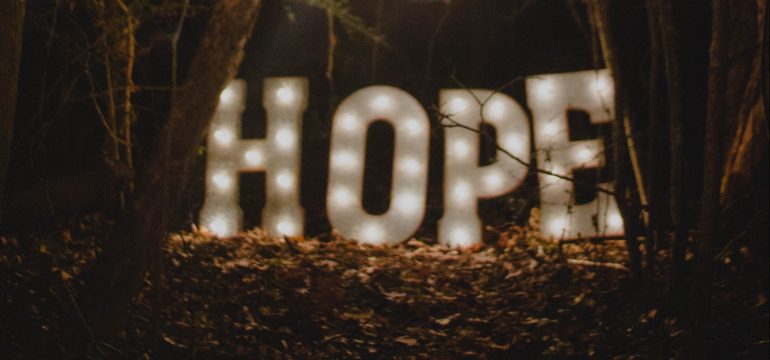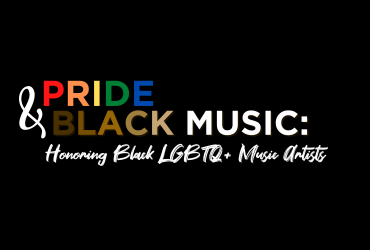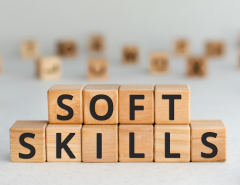In March of 2020 as the reality of the pandemic started to take hold, many students and employers struggled to make sense of it all. Suddenly, companies and organizations that were hosting in-person student internships were left to scramble and caught between trying to stay afloat financially, as well as seeing if there was a transitional route to make an in-person internship into a remote experience. To say the least, we were all unprepared.
For some, the transition was seamless. Students who had positions where they were not necessarily customer-facing, were able to accomplish work surprisingly uninterrupted, thanks in large part to any number of project management tools, weekly Zoom or Team check-ins, as well as email interactions.
For others, mainly in the entertainment fields where “live performances” were crucial components to an internship, let alone fiscal survival, this was not going to be possible. As weeks turned into months, the frustration set in. Students who once had a clear path to their dreams and goals were left with few opportunities where their skills could be honed. I found that the best tools would be to listen and encourage our students. All the while, I fought my own feelings of uncertainty and sense of disappointment, due in part to something all of us had no control over.
Another side of things that needed to be addressed is, “What can the sponsor be feeling?” With industries in turmoil universally, how can they pivot and not only be sustainable but also possibly offer students a “real-world learning experience.” Reaching out to sponsors was the source of anxiety. The questions gnawed at me day and night. How much time should I wait to reach out? What approach should I use if I was to touch base? Am I being callous by connecting too soon? How have they or their families been affected by this deadly pandemic? As with any relationship that is built over time, each case was different. I found that just being myself, not having an agenda, and putting myself in their shoes, helped ease the flow of conversation. These discussions started to become cathartic. In many instances, it strengthened the bond I have with sponsors. I found the willingness of these companies to meet with our students by being on panels and conducting workshops, was a viable way to keep our students and sponsors connected. Though as cliché as it may sound, being “present” and seeing the light at the end of the tunnel was some of the best advice I was given by fellow professionals. Passing that knowledge to our students became paramount.
Though we are not out of the woods just yet, hope is on the horizon. We have worldwide vaccines that are now becoming readily available to all. Businesses are making plans to reopen as I write this; musical acts are planning tours, and remote internships have become a staple of conversation with companies. In fact, with our new landscape, I feel very strongly that all of us have learned a valuable lesson. We can and have pivoted.





